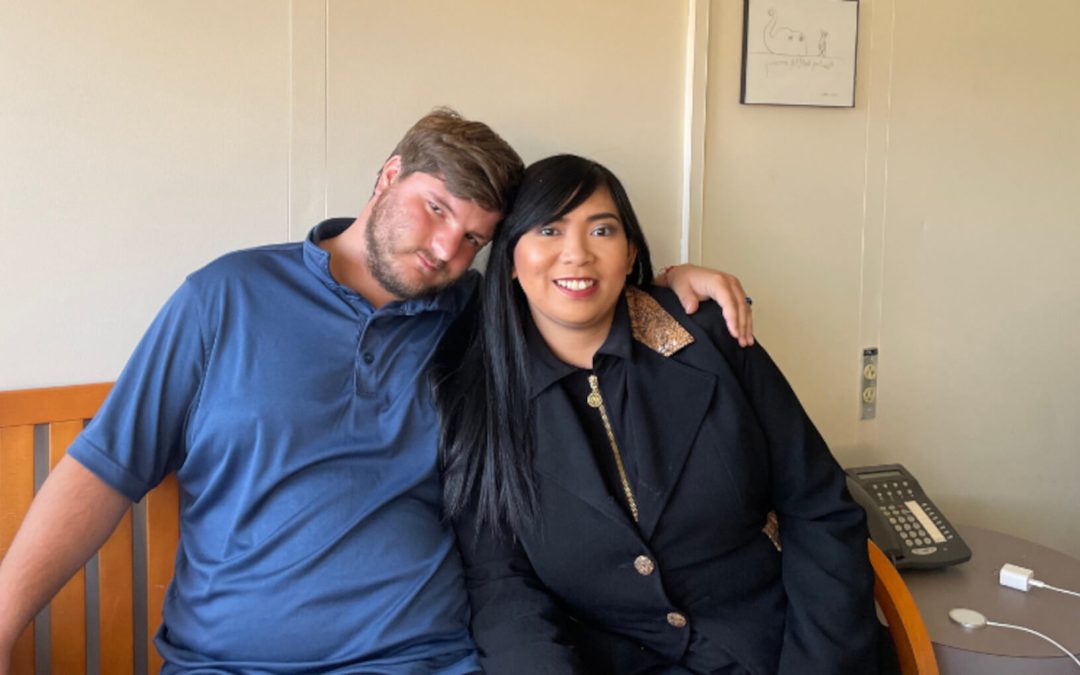What is the current situation with the coronavirus outbreak? What is expected to happen? What should we do? Dr. Gwynette answers these questions in a special episode of the podcast.

Episode 51: The Wiggles — A Fan’s Tribute
What’s that about fruit salad? Why is Jeff asleep?


0 Comments